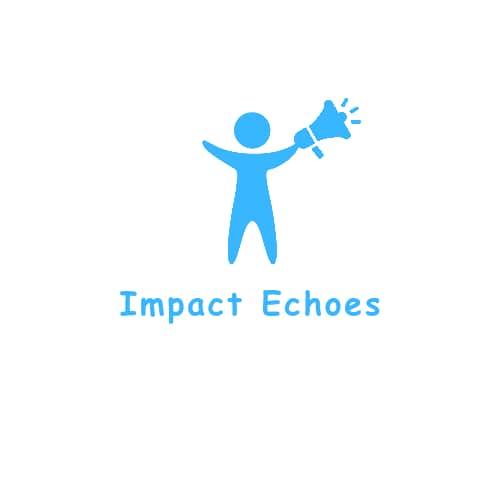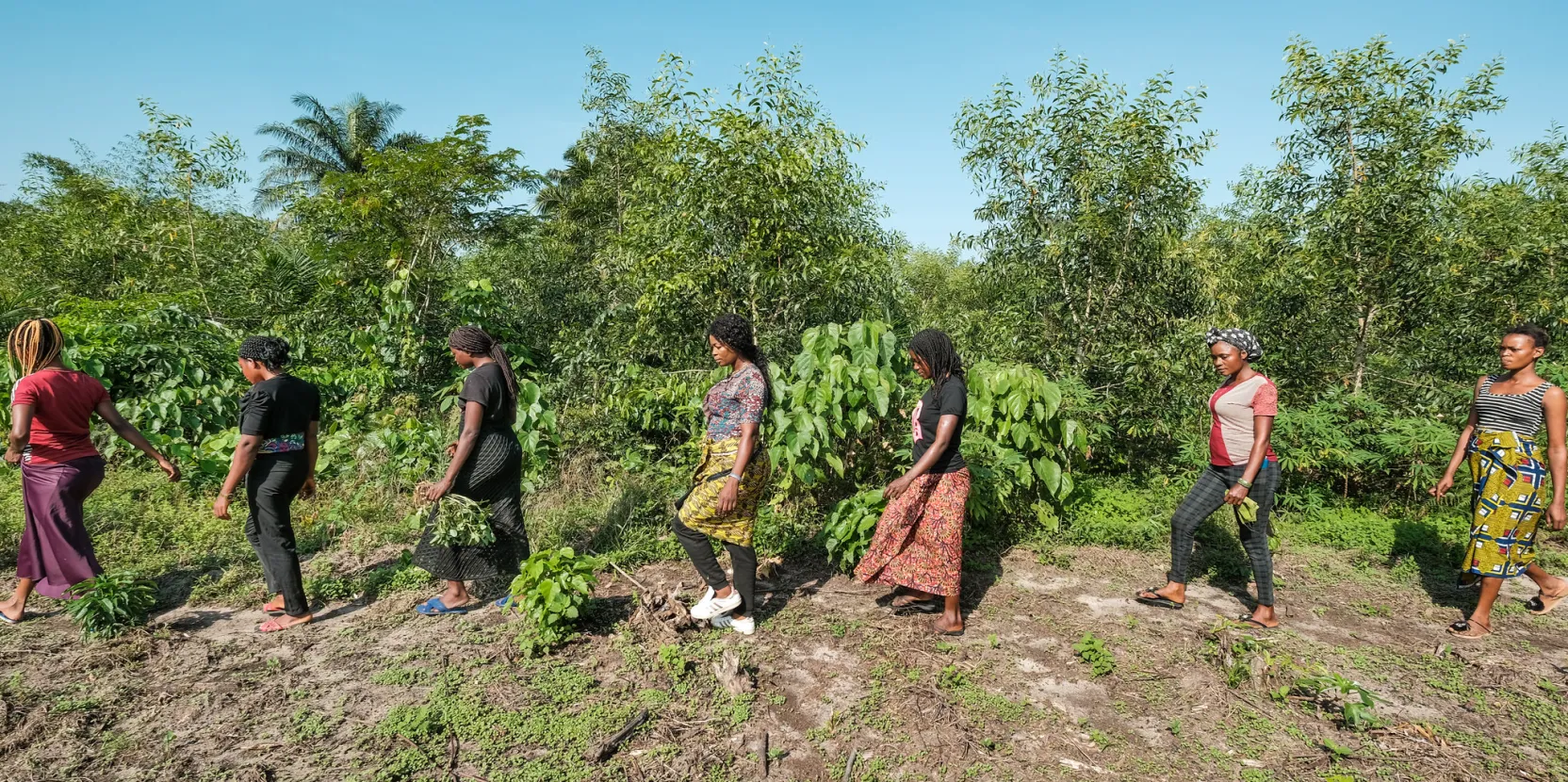
Akili ni mali – la traduction en swahili de « savoir est richesse », est le nom adopté par une association locale de femmes à Yanonge en République démocratique du Congo.
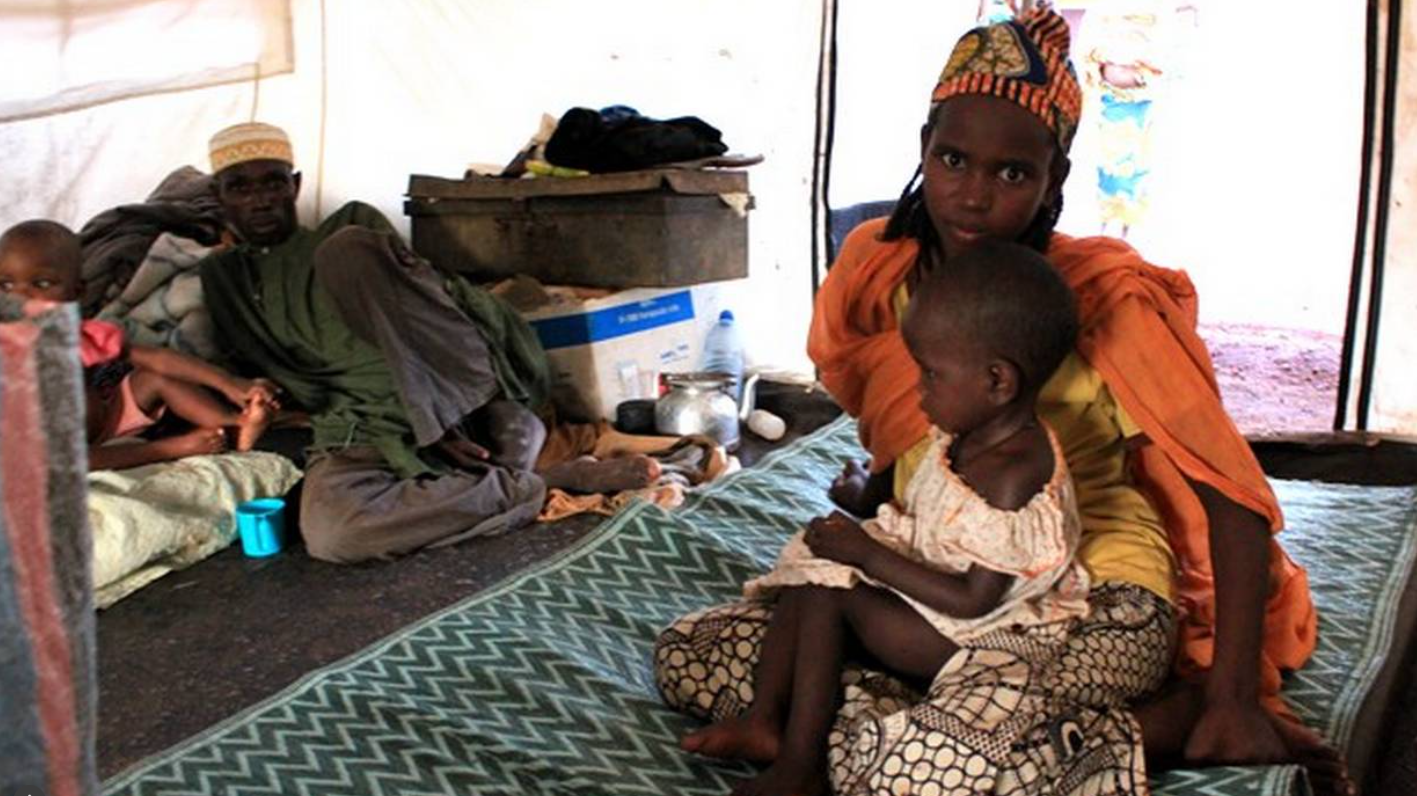
Kadidja, 15, is a refugee from the Central African Republic (CAR). Already married and mother of a 2-year-old daughter, Kadidja presently lives in a tent set up in a hospital compound in Batouri – a small town in the East region of Cameroon. She shares the temporary shelter with 5 other refugee families, which includes men.
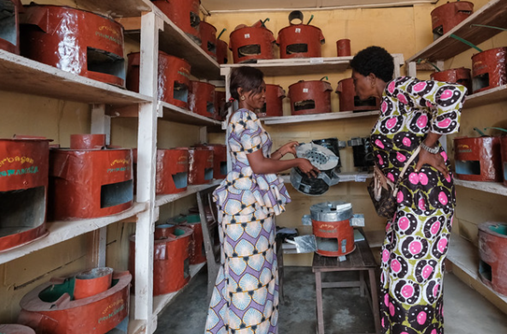
A travers son programme d’amélioration de l’efficience énergétique au niveau des ménages, le Centre de Recherche Forestière Internationale (CIFOR) accompagne l’entreprise ORBAGEN (Organisation de Bâtis et de Gestion Environnementale) ce lundi 14 mars à la distribution et vente des foyers améliorés..
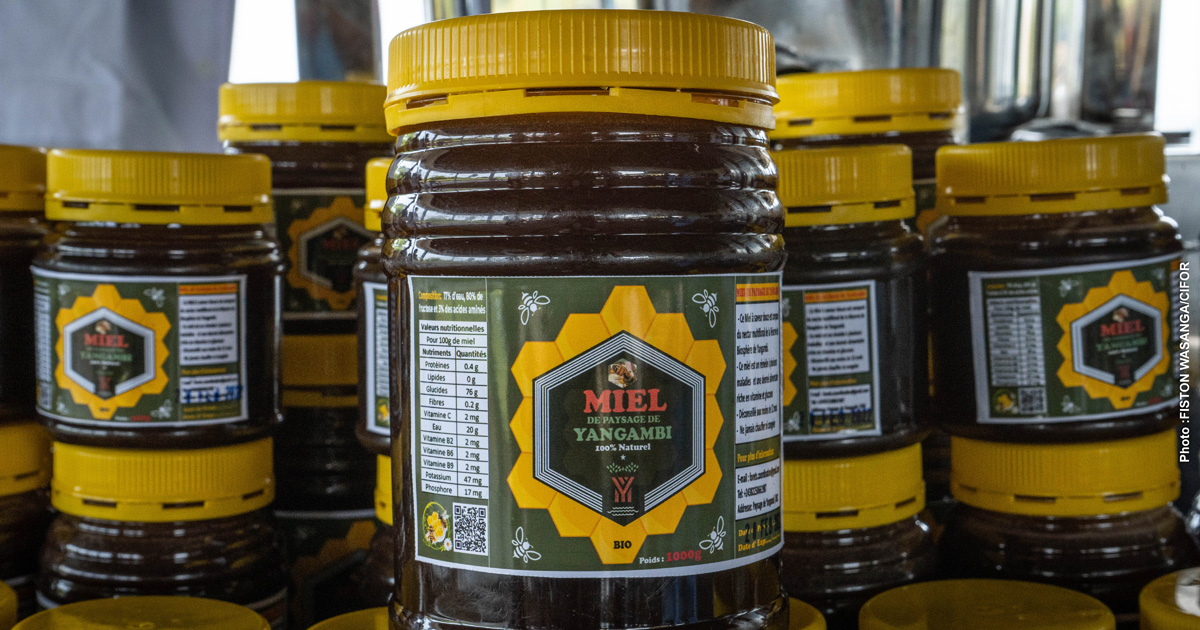
Likango, le 27 octobre 2022 – L’Association des Producteurs de Miel de Yangambi (APROMY) a ouvert les portes de ses bâtiments dédiés à la production locale du miel. Répondant aux normes et exigences de la filière, ces infrastructures offriront aux apiculteurs locaux un cadre idéal pour l’extraction et le conditionnement d’un miel de qualité certifiable et exportable ‘Made in Yangambi’.
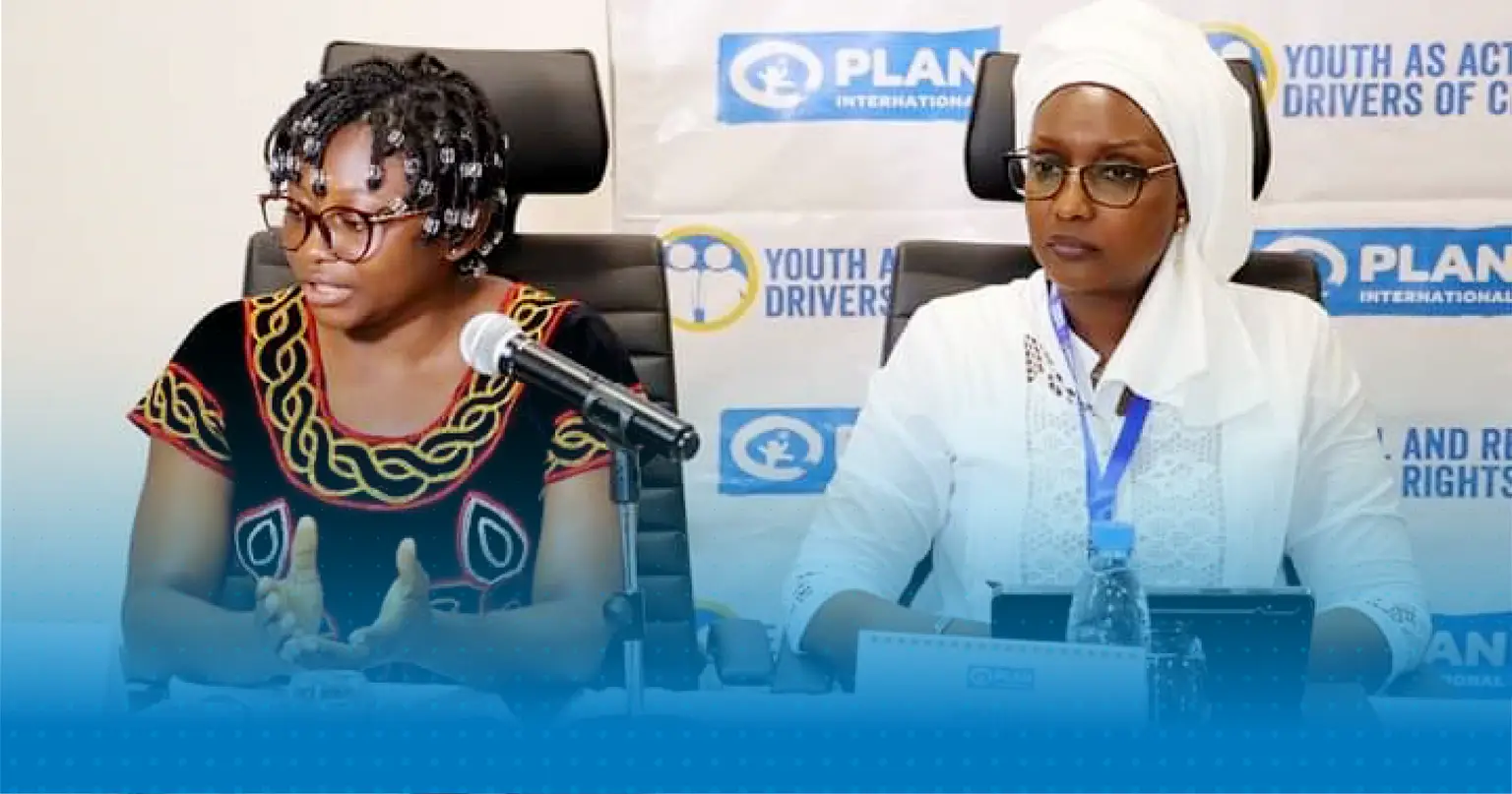
Beltivate is one of those familiar faces in child-friendly spaces in Bamenda, Northwest Region of Cameroon, where she coaches various youths and children. Without reservation, she dedicates her time to giving lessons and talks on gender-based violence, sexual health, menstruation and self-esteem.
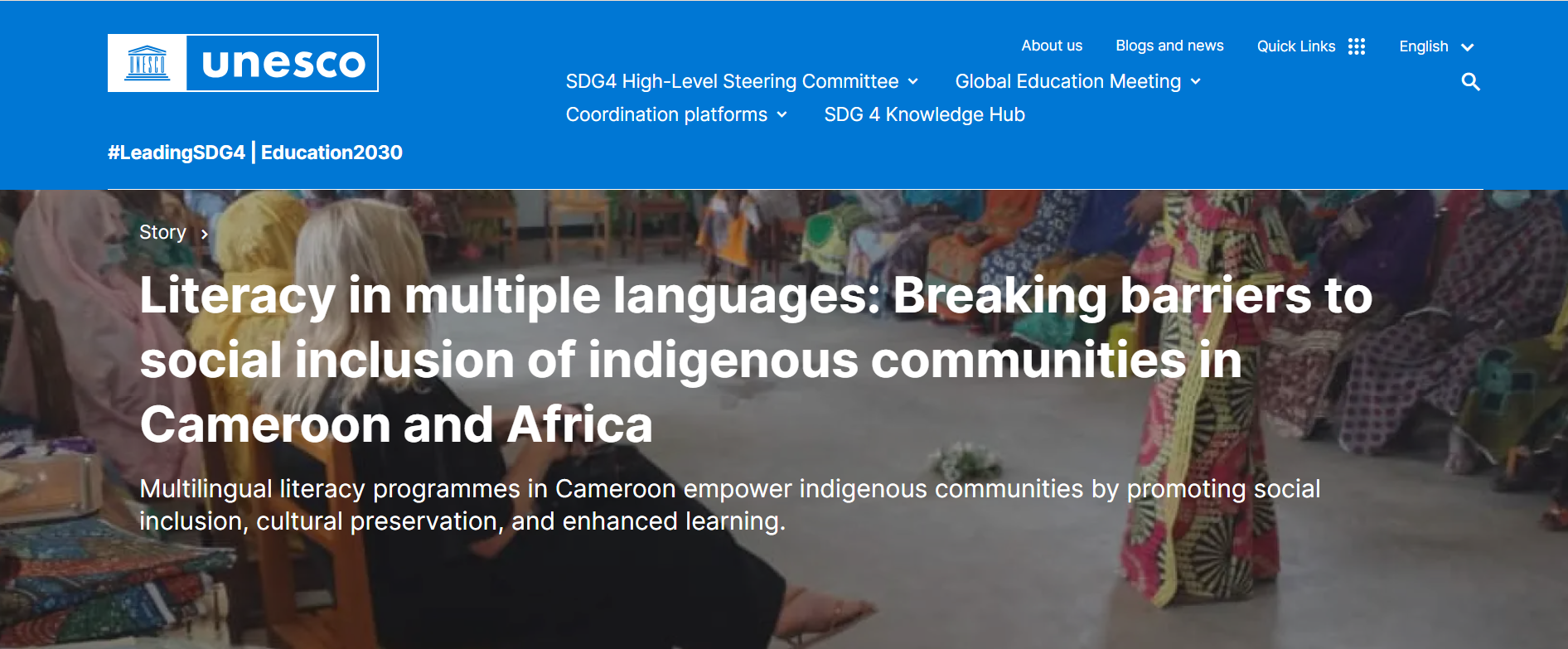
Linguistic diversity should be celebrated and seen as a key opportunity for fostering inclusivity, enriching cultures, and sustaining peace. However, for the indigenous communities living in a multilingual context in Cameroon, illiteracy is still a major issue that leaves them underprivileged and isolated from most development changes that have been taking place in the country.
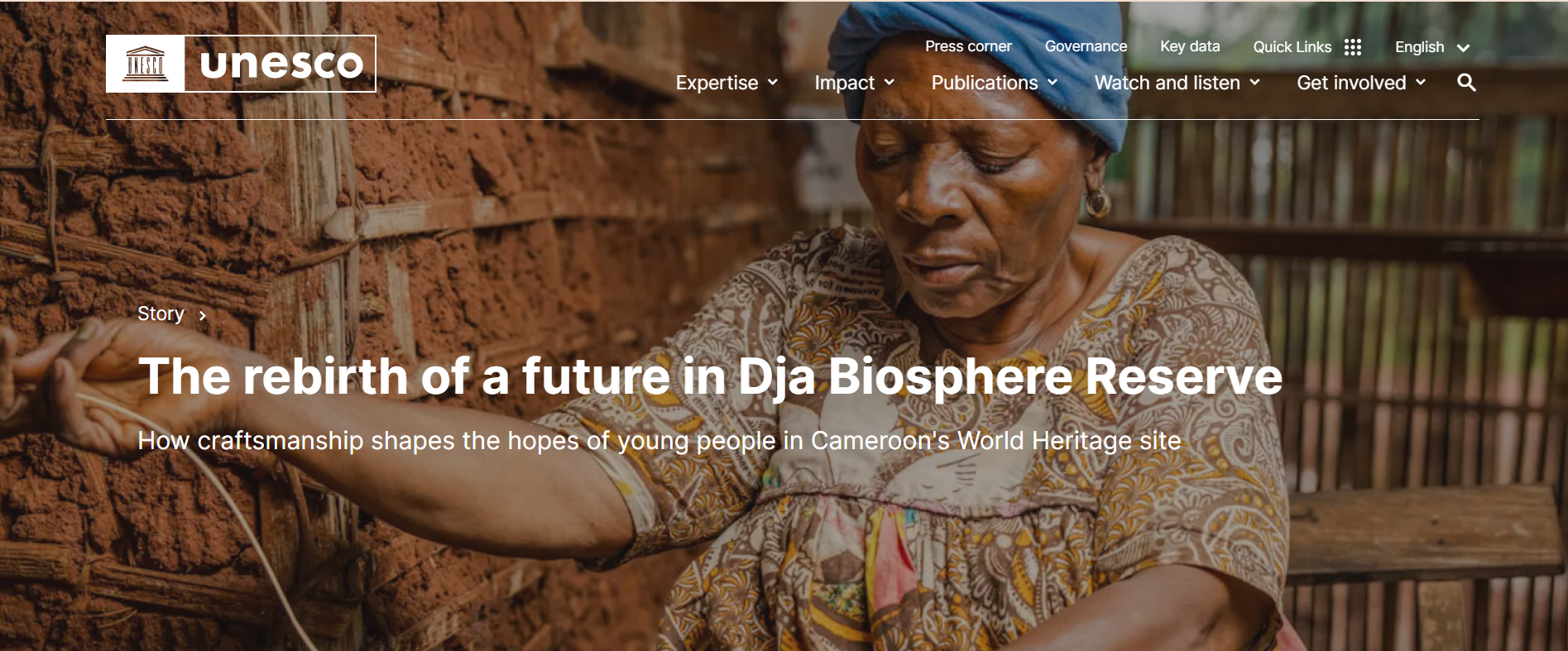
In the northern part of the Dja Faunal Reserve, or Dja Biosphere Reserve, deep in the Cameroonian rainforest, the first light of dawn gently caresses the thatched roofs of a local handicraft workshop. Inside, the rhythmic weaving of rattan, bamboo, and tree bark fills the air, a quiet yet powerful testament to tradition and renewal.

For Lareh and Halima, it's much more than tricycles. It's the freedom to move around, to go to school, to play, to be psychologically fulfilled and, above all, to dream like all the other children.
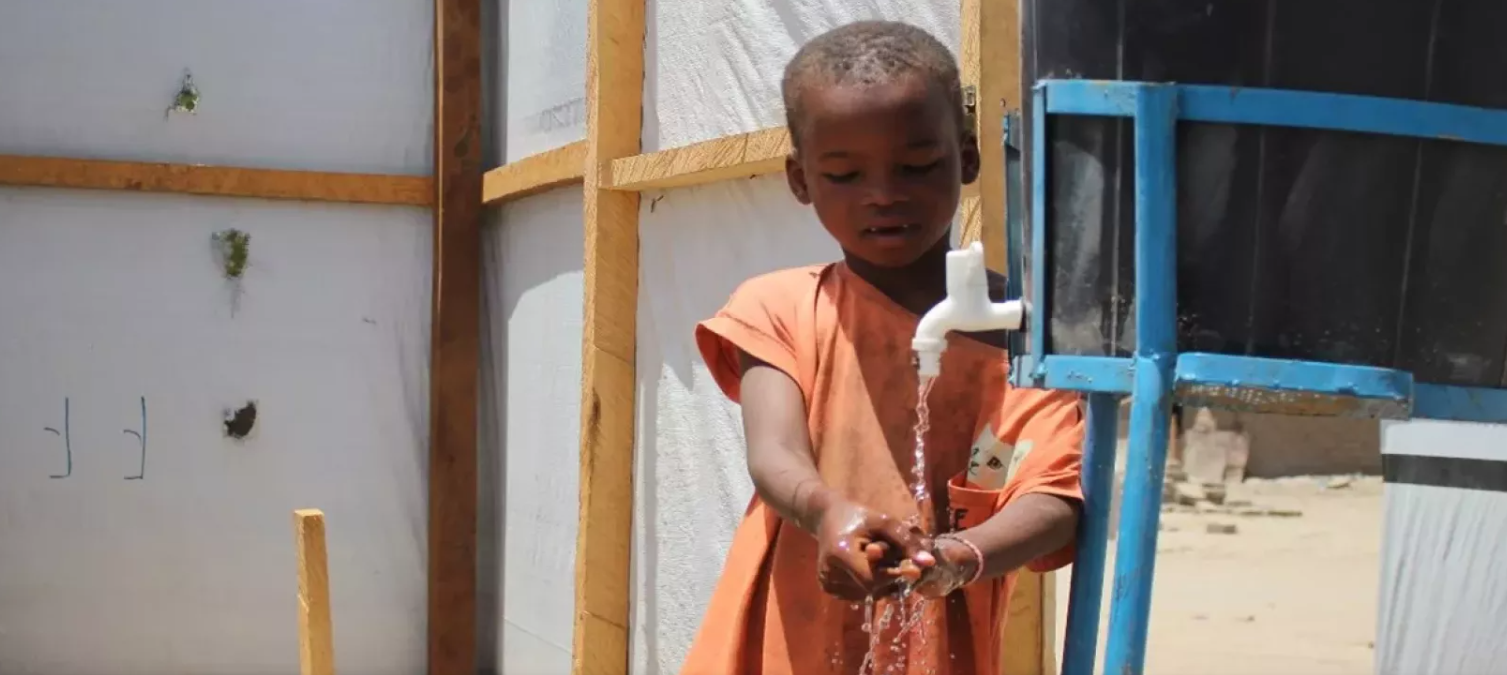
This infrastructure has been built at the sites of displaced people in Blangoua, Logone-Birni, Makary and Kousséri, which were badly hit by severe flooding. This essential equipment aims to protect the health, guarantee the safety and preserve the dignity of the families affected, by offering them access to safe and appropriate infrastructure.
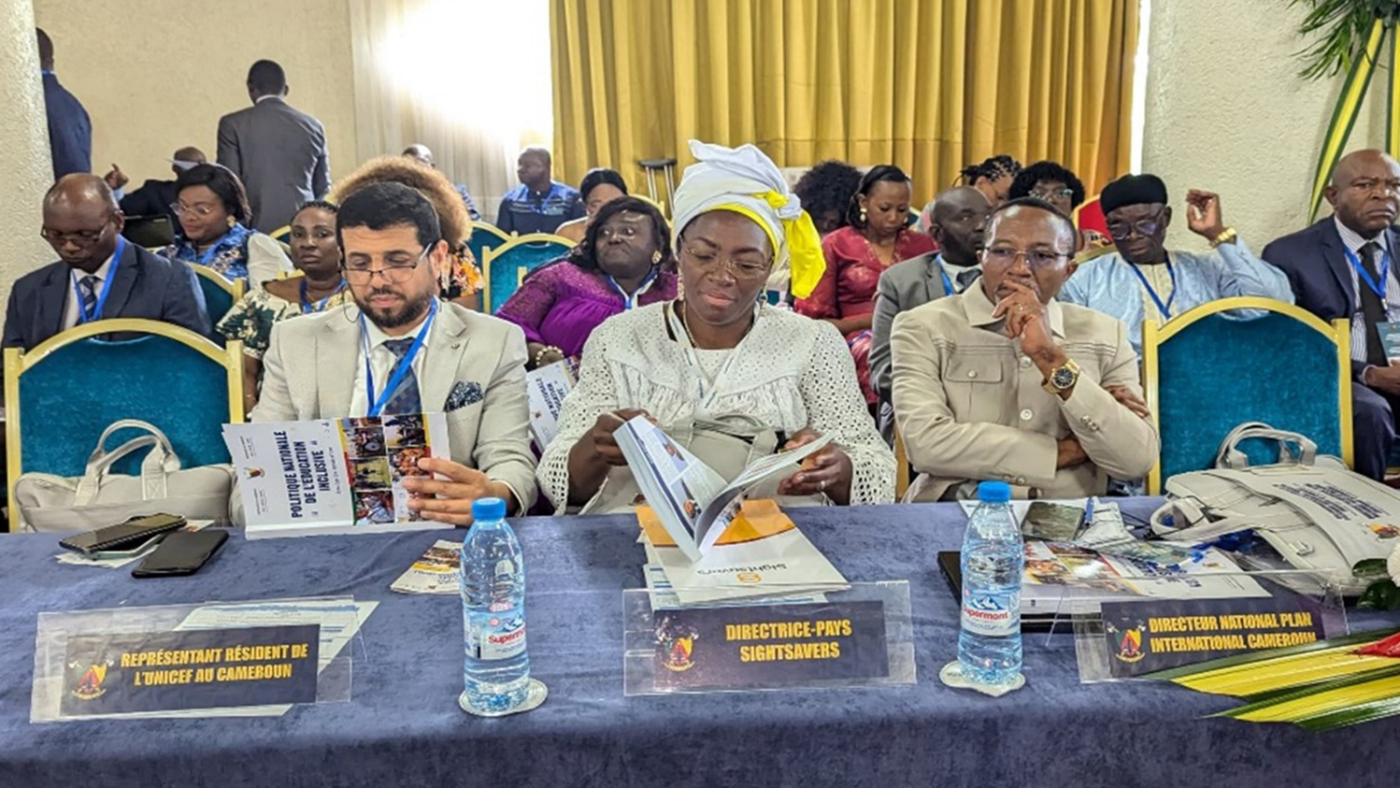
The government of Cameroon has adopted a national policy to deliver quality and equitable inclusive education for people with disabilities.
